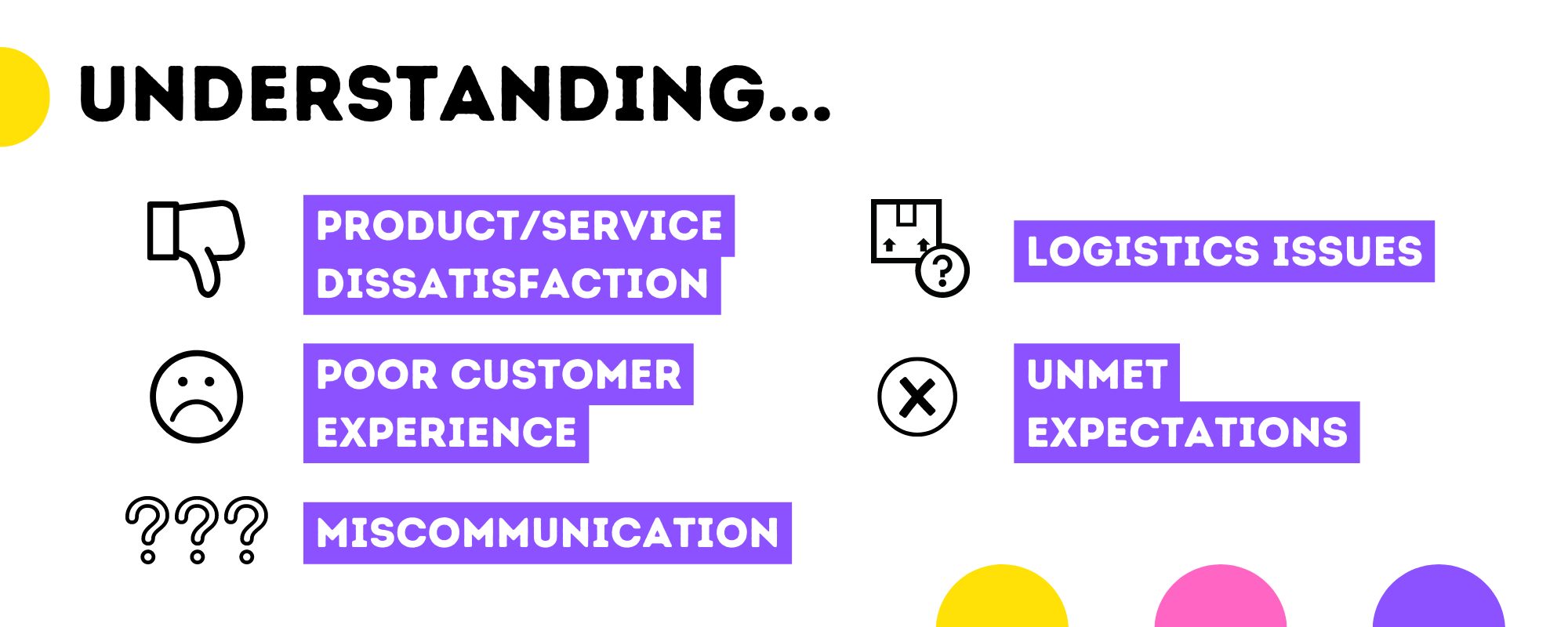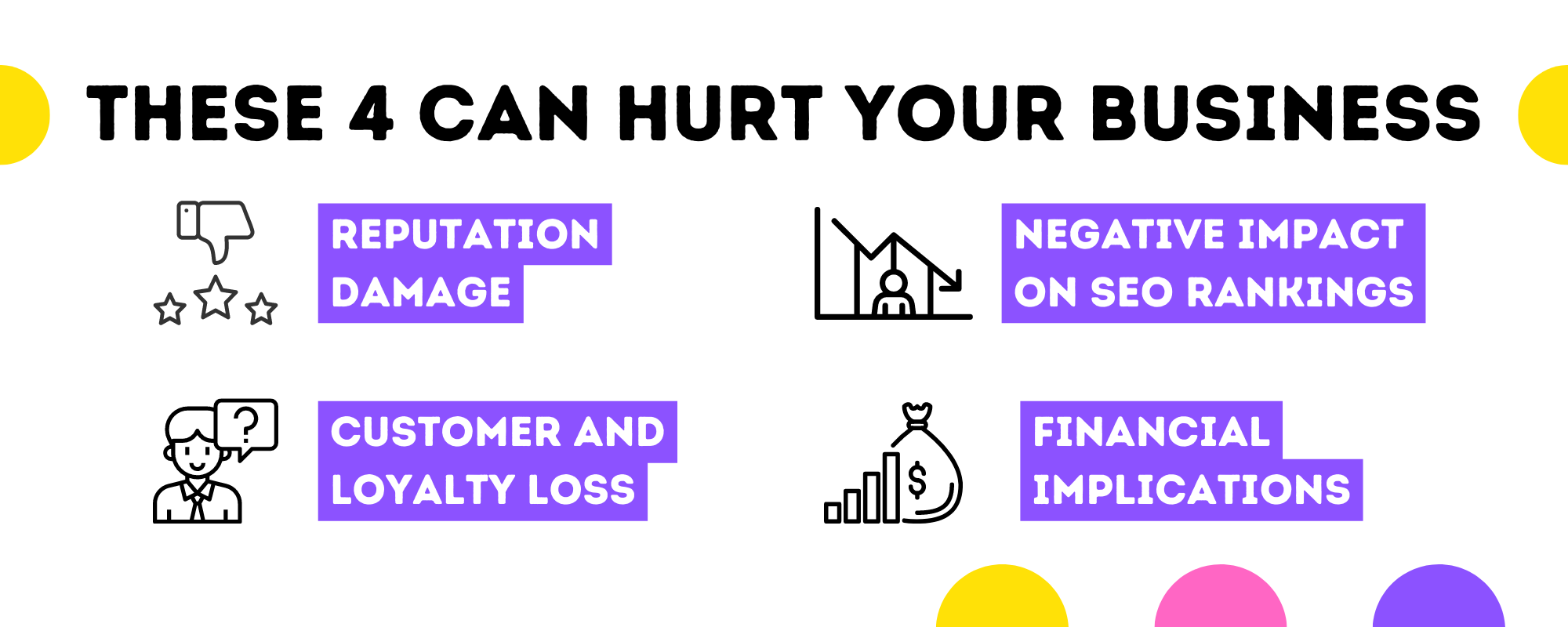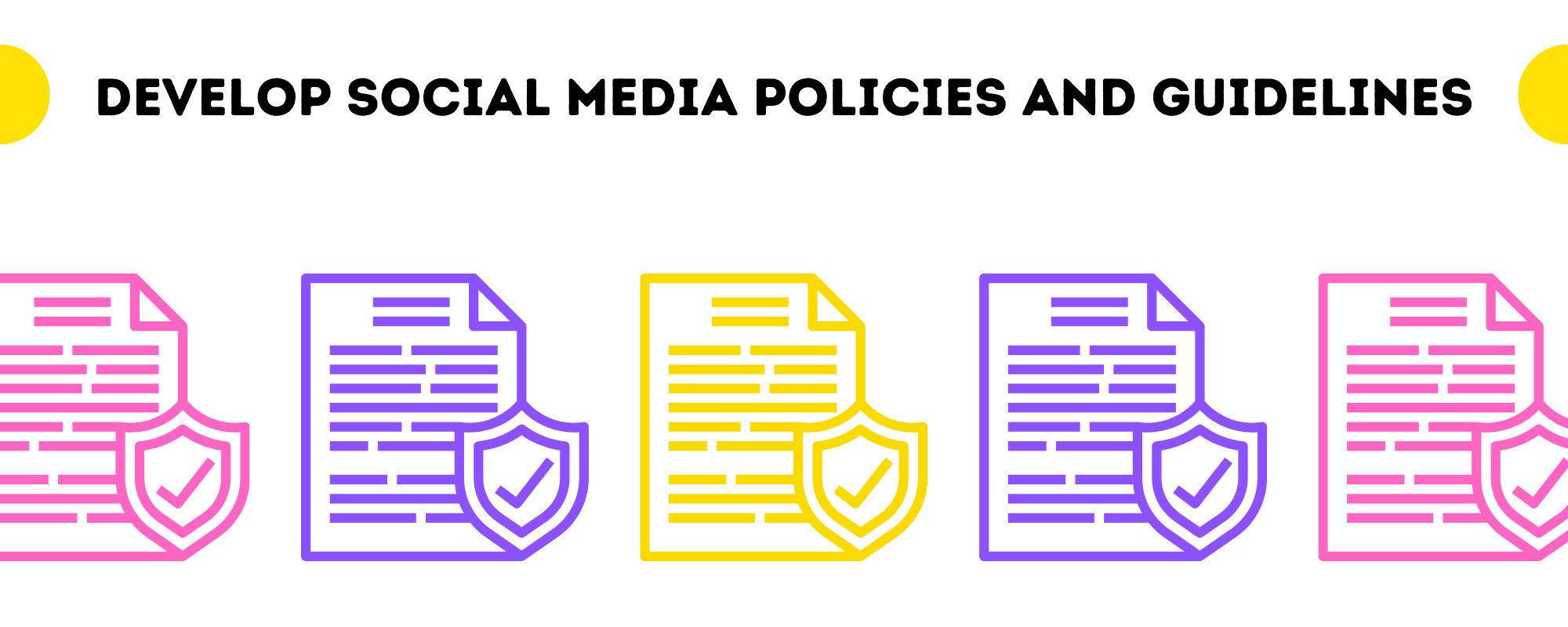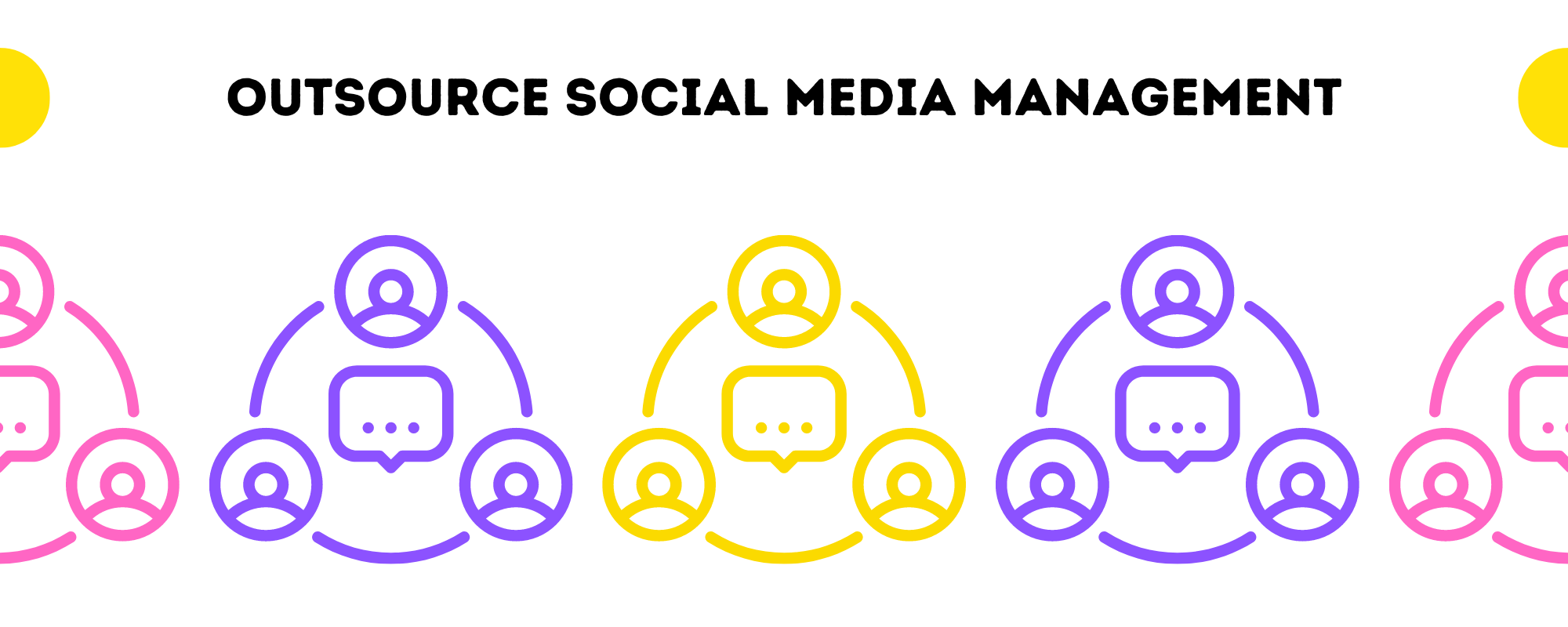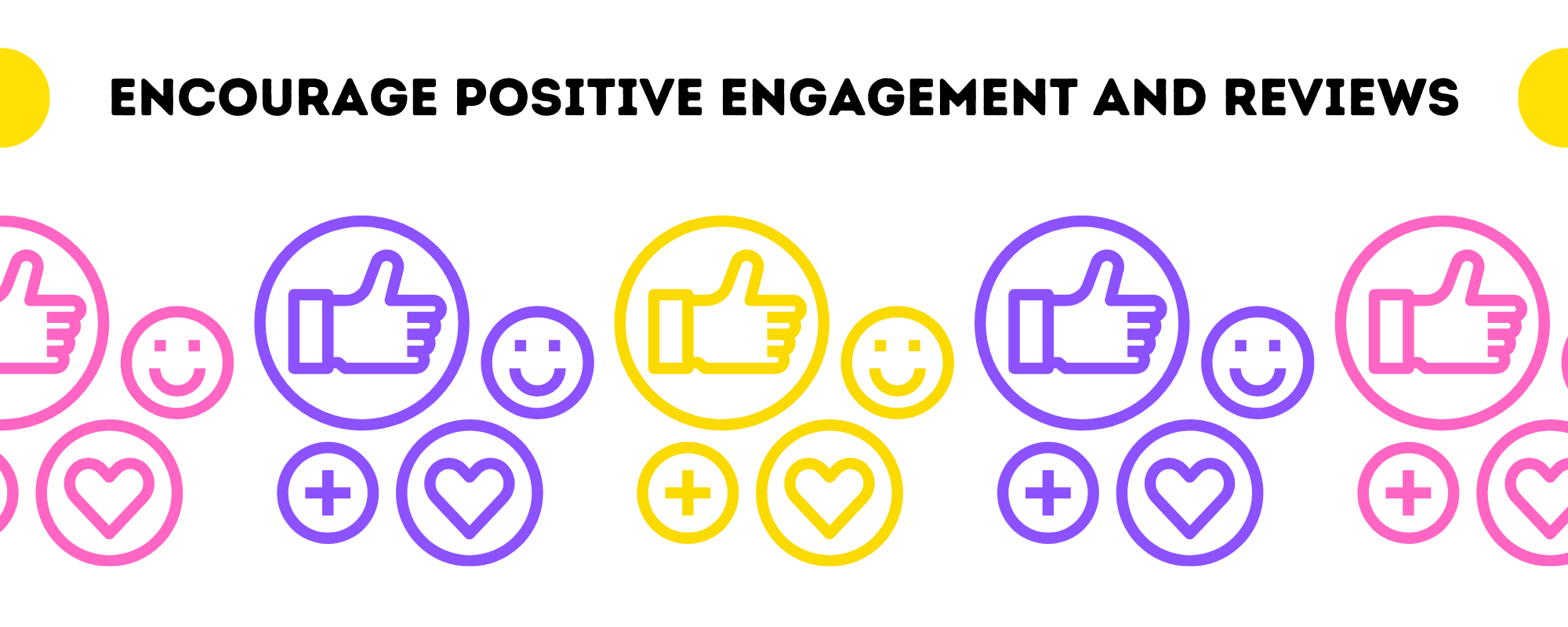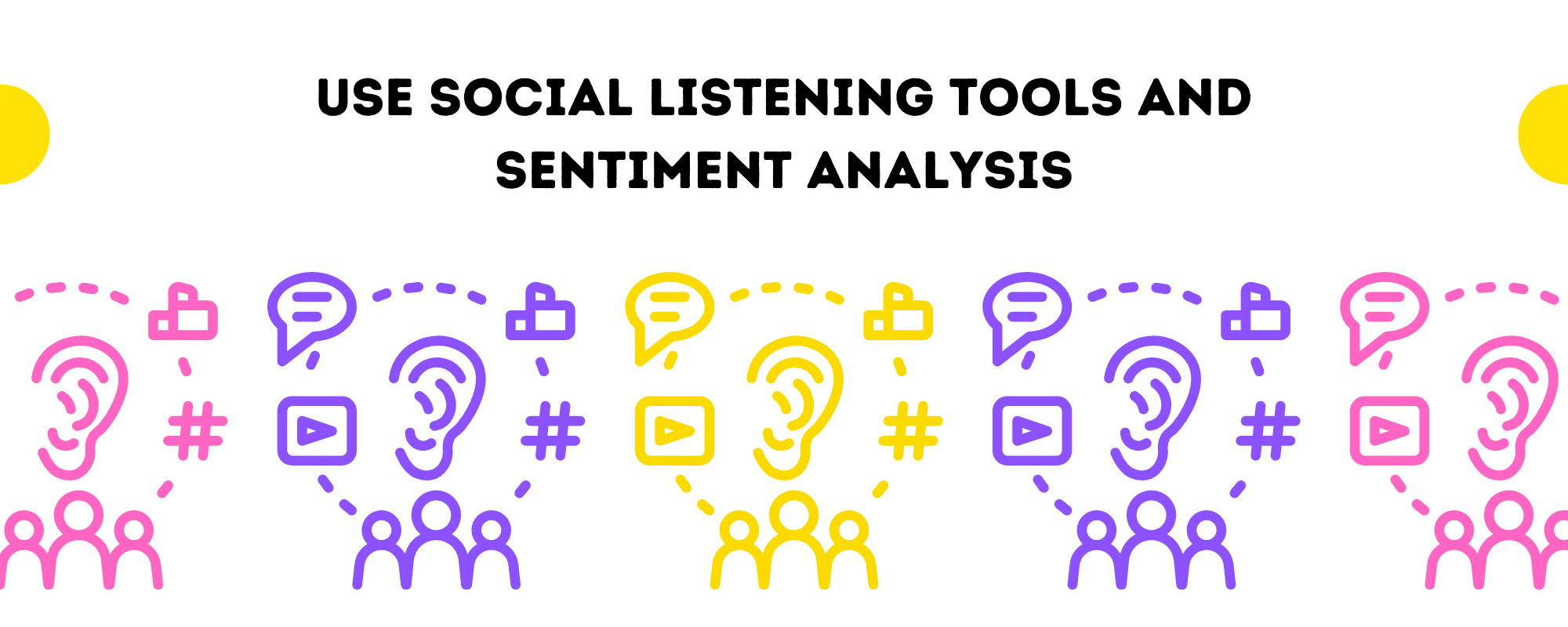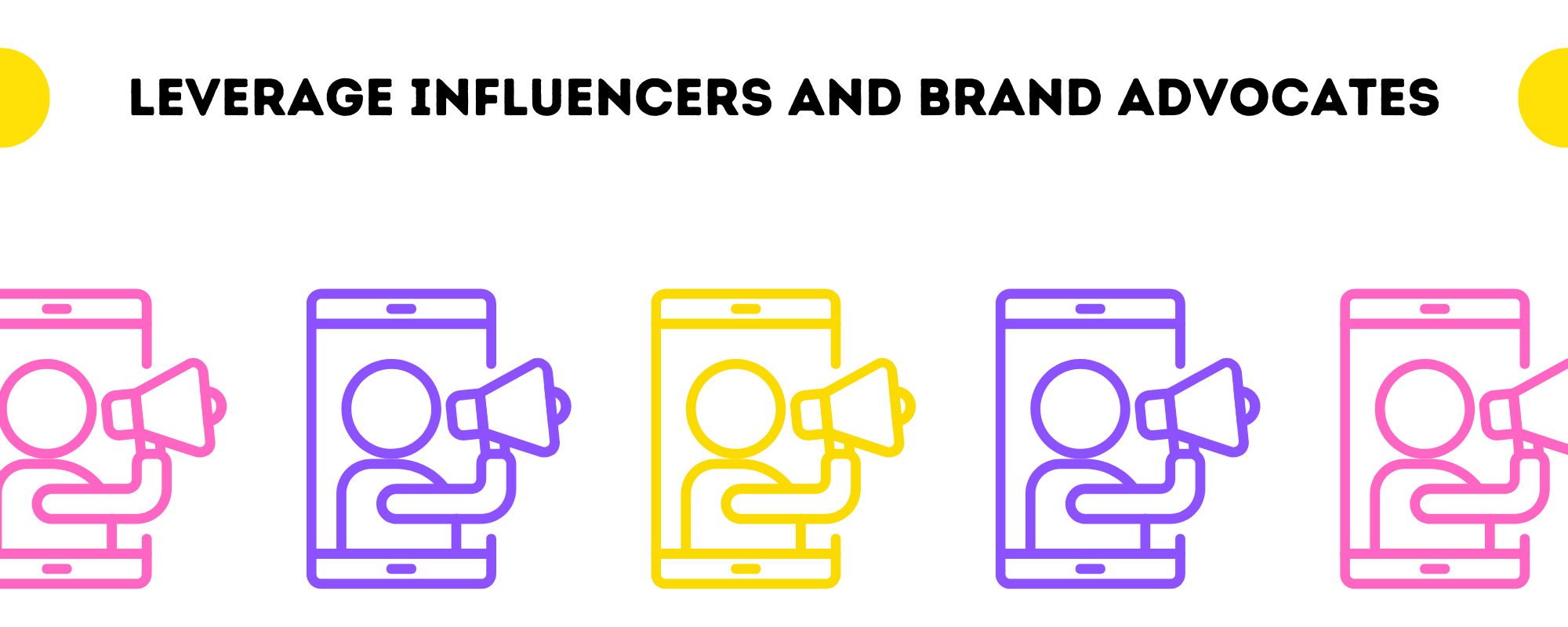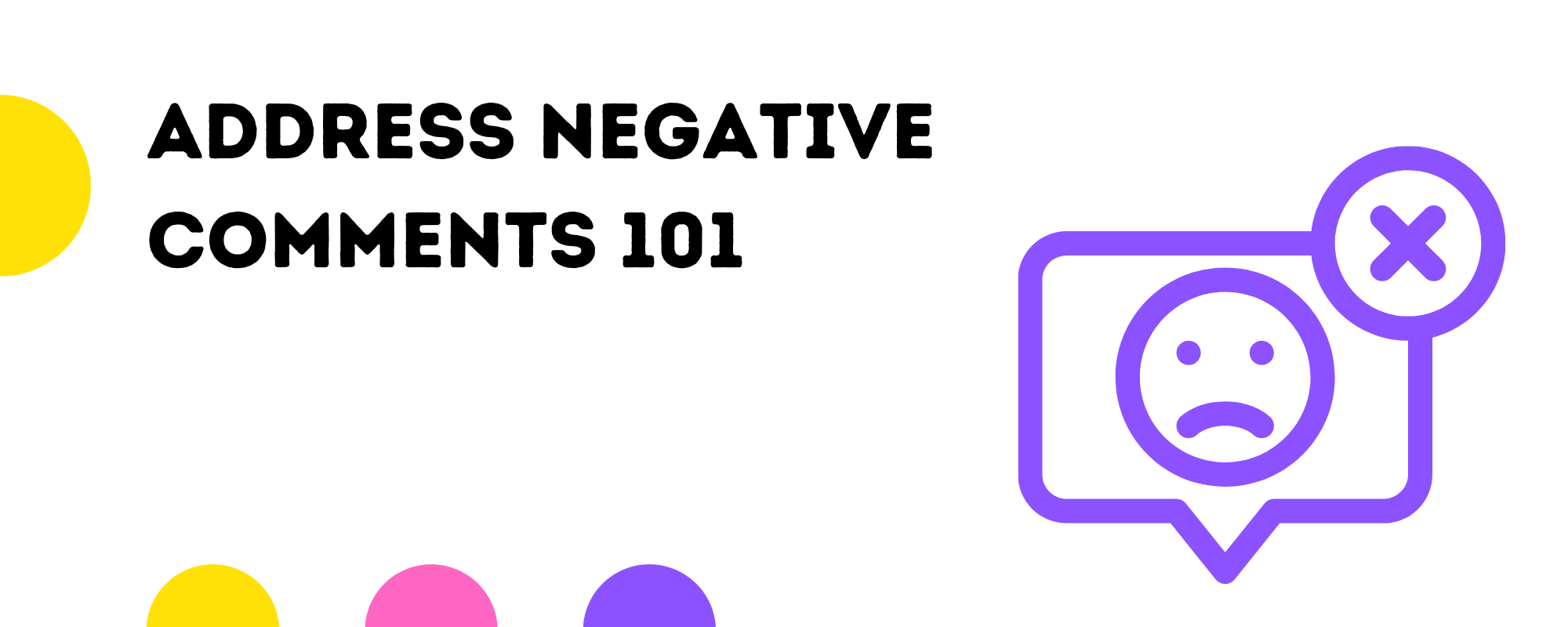With the widespread use of social media, customers now have a platform to express their opinions and experiences publicly. Businesses often encounter negative comments from clients or customers on social media platforms, such as Facebook, Twitter, Instagram, or review websites.
These negative comments can manifest in different forms, including complaints, criticism, dissatisfaction, or even trolling. They may target various aspects of a business, such as its products, services, customer support, pricing, or brand image.
It is crucial for businesses to recognize and address these negative comments effectively, as they can have a significant impact on the overall reputation and success of the company.
Negative comments can arise due to a variety of reasons. Customers may express their dissatisfaction with a product that did not meet their expectations, a poor customer service experience, a delay in delivery, or a perceived lack of responsiveness from the business.
Additionally, miscommunication or misunderstandings can also contribute to negative comments.
Understanding Negative Comments
Negative comments from clients or customers on social media platforms can stem from various factors.
1. Product/Service Dissatisfaction
One of the primary reasons for negative comments is when customers are dissatisfied with a product or service they received. This could be due to quality issues, functionality problems, or unmet expectations.
Customers may express their disappointment or frustration through negative comments, highlighting the specific aspects they are unhappy with.
2. Poor Customer Experience
Negative comments can also result from a negative customer experience.
This may include instances where customers feel they were treated poorly by customer service representatives, experienced long wait times, faced difficulties in getting their issues resolved, or encountered unhelpful support.
Poor customer experiences can leave customers feeling frustrated and inclined to share their negative feedback online.
3. Miscommunication or Misunderstanding
Miscommunication or misunderstandings can give rise to negative comments as well. Sometimes, customers may have a different understanding of a product’s features, terms and conditions, or pricing.
If there is a breakdown in communication between the business and the customer, it can lead to disappointment or frustration, prompting negative comments.
4. Issues with Delivery or Logistics
Problems related to the delivery or logistics of products can also trigger negative comments. Customers may express dissatisfaction if their orders are delayed, damaged during shipping, or if there are issues with tracking or returns.
Such experiences can negatively impact the overall customer satisfaction and lead to negative comments on social media.
5. Unmet Expectations
Negative comments can also arise when customers’ expectations are not met. This could be due to discrepancies between marketing messages and the actual product or service, promises made by sales representatives that were not fulfilled, or the failure to meet certain standards or guarantees.
When customers feel let down by the business, they may voice their disappointment through negative comments.
Impact of negative comments on business
Negative comments on social media can have several significant impacts on a business. Addressing negative comments in the wrong way can have severe consequences for your company, as the negative outcomes can quickly spread and result in a backlash not just from your customer base but the adjacent public, anyone who sees the posts.
1. Reputation Damage
Negative comments hit on a business’s reputation, especially when they are visible to a wide audience on social media platforms.
When potential customers come across negative feedback, it can create doubts and skepticism about the business’s credibility and trustworthiness.
Reputation damage can tarnish the brand image and make it challenging to attract new customers.
2. Customer and Loyalty Loss
Existing customers who come across negative comments may question their decision to continue doing business with the company.
Negative experiences shared by other customers can influence their perception and erode trust, leading to a decline in customer loyalty.
Moreover, potential customers who encounter negative comments may choose to avoid the business altogether, resulting in lost sales opportunities.
3. Negative Impact on Search Engine Rankings
Social media content, including comments and reviews, can affect a business’s search engine rankings. Search engines consider user-generated content and social signals when determining the relevance and credibility of a website.
If negative comments dominate the online conversation about a business, it can negatively impact its search engine visibility.
This can make it harder for the business to appear prominently in search results, reducing organic traffic and potential customer reach.
4. Financial Implications
When customers have negative experiences or see negative feedback, they are less likely to make repeat purchases or recommend the business to others. This can result in decreased revenue and profitability.
Businesses may have to allocate resources to address and mitigate the impact of negative comments, such as investing in customer service improvements, reputation management strategies, or online marketing campaigns to counterbalance negative sentiment.
7 Strategies to Handle Negative Comments
Negative feedback on social media can spread rapidly and tarnish a company’s image, erode customer trust, and even drive potential customers away. Effective strategies to address negative comments mitigate the potential damage to their reputation.
1. Develop social media policies and guidelines.
Establishing a social media policy and guidelines provides a framework for how employees should engage and respond to comments on social media platforms.
This ensures consistency and sets clear expectations for appropriate behavior and tone in addressing negative comments.
2. Monitor social media platforms.
Regularly monitoring social media platforms allows businesses to stay informed about any negative comments or feedback that may arise. Actively monitoring and responding in a timely manner help address negative comments before they escalate and demonstrate their commitment to customer satisfaction.
3. Train and empower customer service representatives.
Providing comprehensive training to customer service representatives equips them with the skills and knowledge to handle negative comments effectively.
They should be trained in active listening, empathy, conflict resolution, and communication techniques. Empowering representatives to make decisions and resolve issues promptly can help turn negative experiences into positive ones.
4. Outsource social media management.
Outsourcing social media management to specialists gives you the benefit of their experience in handling negative comments. who are experienced in handling negative comments can be beneficial. These specialists are already trained in managing social media challenges and can navigate difficult situations effectively, ensuring a consistent and professional approach to addressing negative comments.
5. Encourage positive engagement and reviews.
Actively encouraging customers to provide positive engagement and reviews counterbalance negative comments. Encourage satisfied customers to share their positive experiences on social media platforms or review websites.
This helps create a more balanced and positive perception of the business, which can offset the impact of negative comments.
6. Use social listening tools and sentiment analysis.
Social listening tools and sentiment analysis can help businesses monitor and analyze social media conversations related to their brand. These tools provide insights into customer sentiment and allow businesses to identify negative comments early on.
7. Leverage influencers and brand advocates.
Engaging with influencers and brand advocates who have a positive influence on social media can help amplify positive messages and counter negative comments.
Collaborating with influencers and encouraging brand advocates to share their positive experiences and opinions enhance brand reputation and create a positive online presence.
Addressing Negative Comments
When confronted with negative comments on social media, it goes on to become a public forum for customers to express their opinions, and others can see and engage with these comments.
Promptly addressing the negative comments clarify any misunderstandings, and showcase their commitment to resolving issues.
1. Respond promptly.
Delayed responses can exacerbate the issue and leave the impression that the business is not attentive or concerned about customer feedback. Prompt responses demonstrate that the business values customer opinions and is committed to resolving any issues.
2. Take accountability for the issue.
Businesses should take ownership and acknowledge any mistakes or shortcomings mentioned in the negative comment. This shows a willingness to address the problem and helps build trust with the customer.
Accepting responsibility also demonstrates transparency and a commitment to improvement.
3. Respond in public and continue to communicate privately.
Initially, it is best to respond to negative comments publicly. This demonstrates to other customers and potential clients that the business is responsive and engaged.
However, it’s also important to transition to private communication, such as direct messages or email, to address the specific details of the issue and maintain customer privacy.
4. Maintain a respectful tone.
When responding to negative comments, avoid getting defensive or engaging in arguments. Responding with empathy and understanding can help diffuse tense situations and demonstrate that the business values its customers’ concerns.
5. Offer solutions to fix the problem.
Provide practical solutions or options to resolve the issue mentioned in the negative comment. This can include offering refunds, replacements, discounts, or additional support.
Tailor the solutions to the specific situation and aim to exceed customer expectations when possible. Showing a genuine commitment to rectifying the problem can help rebuild trust and satisfaction.
6. Express gratitude for feedback.
Acknowledge and express gratitude for the feedback received, even if it is negative. This demonstrates that the business values customer opinions and is committed to continuous improvement.
Thanking customers for taking the time to provide feedback also helps to maintain a positive relationship with them.
7. Differentiate between genuine concerns and trolls.
It is important to discern between genuine concerns and trolls. Genuine concerns come from customers who have had a negative experience and are expressing their dissatisfaction.
Trolls, on the other hand, may deliberately provoke and spread negativity without a genuine interest in resolving issues. Focus on addressing genuine concerns constructively, while dealing with trolls by maintaining professionalism and not engaging in heated exchanges.
8. Correct fake negative reviews.
In cases where fake negative reviews are identified, it is important to take appropriate action to correct them. This may involve reporting the fake review to the platform or website where it was posted, providing evidence to support the business’s position, and requesting its removal.
Responding to fake negative reviews with factual information and maintaining a professional tone can also help address any concerns raised by potential customers who come across the review.
The importance of addressing negative comments cannot be overstated for businesses operating in the era of social media.
Negative comments have the potential to significantly impact a company’s reputation, customer loyalty, search engine rankings, and financial performance.
Ignoring or mishandling negative comments can lead to long-lasting damage that is difficult to rectify.
In a nutshell, addressing negative comments is crucial for businesses on social media. It helps protect their reputation, retain customers, attract new ones, and demonstrate a commitment to excellent customer service.
Actively engage with negative feedback and turn potential disasters into opportunities for growth and success.


